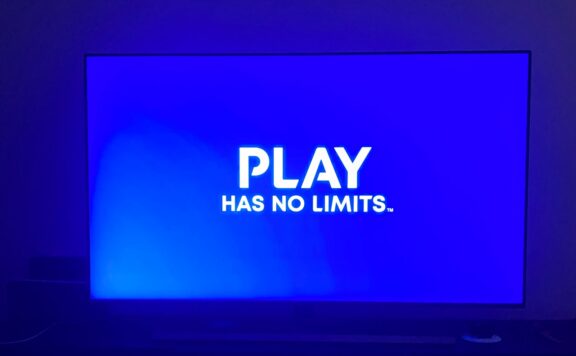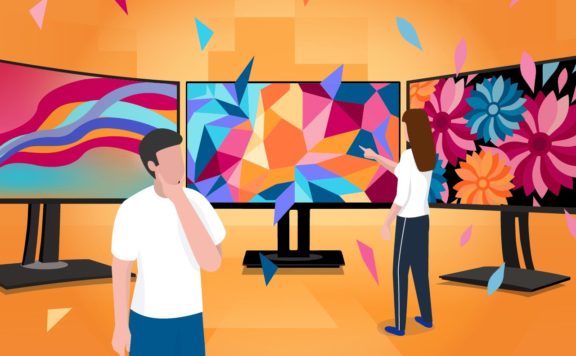There are numerous causes for why pupils drop out of college or university. These include discomfort, academic unpreparedness, economic limitations, and interpersonal troubles. Sometimes, college students also experience a lack of willingness to continue their education and a deficit of direction or mentorship. Yet, the present learner must also contend with another occurrence: video games.
This report analyzes how widespread these activities are on educational grounds. We investigate how video games might affect academics and school performance in beneficial and harmful ways. If you are a caring parent, consider using the strategies for supporting your little gamer. Students may require assistance in forming positive online behavior.
The Positive Side
Undeniably, the digital world has altered individuals’ learning methods. Similar to everything else, there are two different sides to the effect of video games on academic achievement and education. In past years, nearly 10000 high school pupils in one country were examined. According to one survey, children who engage in computer games practically every day performed 15% better in arithmetic and literacy than a typical teenager. The difference in science disciplines was at least 17%. However, it is impossible to demonstrate that video games were the development source.
Why Does Computer Gaming Enhance Productivity?
There is one reason for such higher results. When you engage in a video game, you must solve riddles to advance to the next level. This challenges pupils to use the physics, language, and mathematical abilities they learned during the day. Someone could claim that youngsters who are inherently talented in arithmetic, engineering, and writing are drawn to internet video games. This is why students tend to hire a writer for scholarship essay that they got the assignment for. This way, they can get first-rate work and still have the power to train elsewhere. Smart or adept pupils can do their schoolwork more quickly, allocating them extra leisure to enjoy a computer game. Online entertainment aids in the identification of students with academic competence.
Better Mental Capabilities
People who engage in gameplay have superior executive competence. Moreover, they possess the capacity to allocate brain power such as concentration, vision, and memory. Gamers do that in manners that enable them to resolve issues promptly and make excellent choices. School-age players also increase their multitasking abilities. They had strengthened their cognitive agility. These game factors contribute to a kid’s ability to succeed in school.
These findings have caused caregivers to reconsider restricting their child’s laptop usage. Many dispute that such evidence indicating online gaming’s detrimental influence is based on legends or that the adverse effects on education are overblown. A growing amount of research indicates that playing video games can uniquely help youngsters. They may acquire and enrich many of the thinking abilities they will need as grownups to be effective.

Failure Helps You Learn
Games are a logical opportunity for children to experiment in a secure environment. They learn from their errors and attempt again until they prevail. Some titles, such as Dark Souls, make losing enjoyable. Participants can wreck monsters in real time. However, they are not so easy and require a thoughtful strategy to receive rewards. This allows users to take advantage of their mistakes, fix them, and start over. One special researcher and writer, Jesper Juul, claimed that failing in digital games is a component of what makes them so interesting. Losing in a match causes the player to seem inept, yet humans can quickly rehabilitate themselves and develop their abilities.
Motivation to Stay Engaged
A teenager’s estimated time spent learning in a lesson is a bit over 50% of the typical class session. Stretching the schooling day to allow kids more effort to acquire knowledge has proven ineffective. Involved strength and persistence are more productive strategies to optimize study duration. Children are intrigued and motivated when they are fascinated by a subject that is important to them. This results in a far superior teachable moment.
Instructors can interest pupils in the lecture. When it involves assignments, teachers must use other methods to inspire children. One way is to play games. Instructional media can be created to boost enthusiasm and participation. They allow people to spend more time on objectives.
Final Thoughts
A digital game has an effect that may change any student. Thanks to many studies, we can now be sure that such entertainment activities only increase productivity. You may experience various improvements of all sorts. Students who play video games tend to be more attentive, precise, and careful. You must have a specific strategy for every possible game and life problem. Try to look for a genre that interests you. It may be a puzzle, an RPG, or a visual novel. Each of these will assist you in developing your skills and becoming a better pupil. Good luck!







